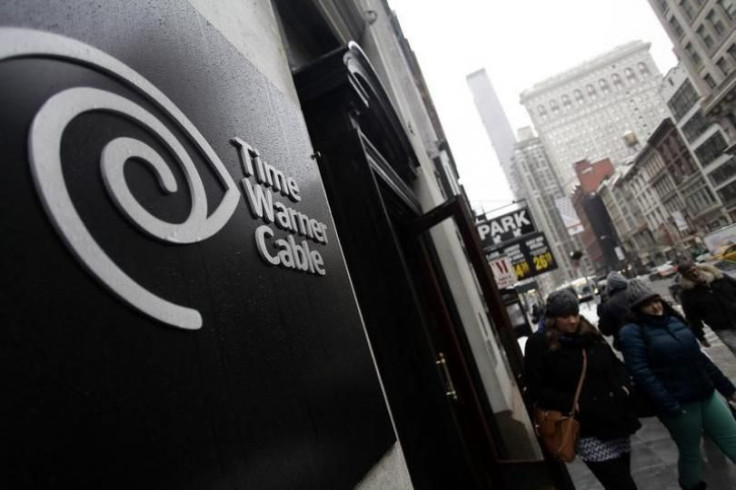Charter-TWC Merger Conditions: Streaming Fairness, No Data Caps Would Ease Regulatory Concern

Consolidation in the pay-TV industry continues.
Federal Communications Commission Chairman Tom Wheeler circulated an order Monday recommending the approval of a merger between Charter Communications and Time Warner Cable, and the smaller company Bright House Networks, but only if a number of conditions can be met — the same conditiions the U.S. Department of Justice raised earlier in an antitrust lawsuit to block the merger. Now, if they are met, the $78 billion deal will go through.
In the deal, Charter would absorb TWC and Bright House Networks and become the tentatively called "New Charter," swelling its pay TV subscriber base from around 4.3 million to at least 17.3 million, with the addition of 11 million TWC and 2 million Bright House TV customers. This would make it the second-largest cable company in the country, just behind conglomerate Comcast.
The FCC and DOJ's orders specify a number of conditions that the so-called New Charter would have to abide by for seven years, mostly related to the company's broadband internet offering.
First, the company won't be allowed to impose data caps on its internet customers, or enact usage-based pricing. That means you'll be able to stream however many episodes you want of "Daredevil" on Netflix or "Game of Thrones" via HBO Go or HBO Now without having to worry about being charged for using too much data. New Charter also won't be able to charge companies like Netflix to allow it to connect to customers. It's seen as an "unavoidable gatekeeper," an entity through which streaming services must pass to reach their customers, and as such, the cable company will be forbidden from that sort of extortion.
This was one of the DOJ's biggest bones to pick in the proposed Comcast-TWC merger in 2015; when Comcast finally decided to walk away, the feds were delighted.
But perhaps more important, given the hockey-stick rise in streaming services, New Charter won't be able to use its substantial size to intimidate TV networks and studios into limiting how it licenses its programming to streaming services, or "online video distributors," as the DOJ calls them. It won't be able to penalize, say, NBCUniversal by moving its cable channels around on the guide if it decides to put full seasons of shows like "Mr. Robot" online.
“Online video distributors offer consumers greater choices for video services,” said Principal Deputy Assistant Attorney General Renata B. Hesse, head of the DOJ's antitrust division. “This merger would have threatened competition by increasing the merged company’s leverage to demand that programmers limit their licensing to these online providers."
To stop New Charter from falling into this temptation, the DOJ will "monitor" the company.
© Copyright IBTimes 2024. All rights reserved.






















